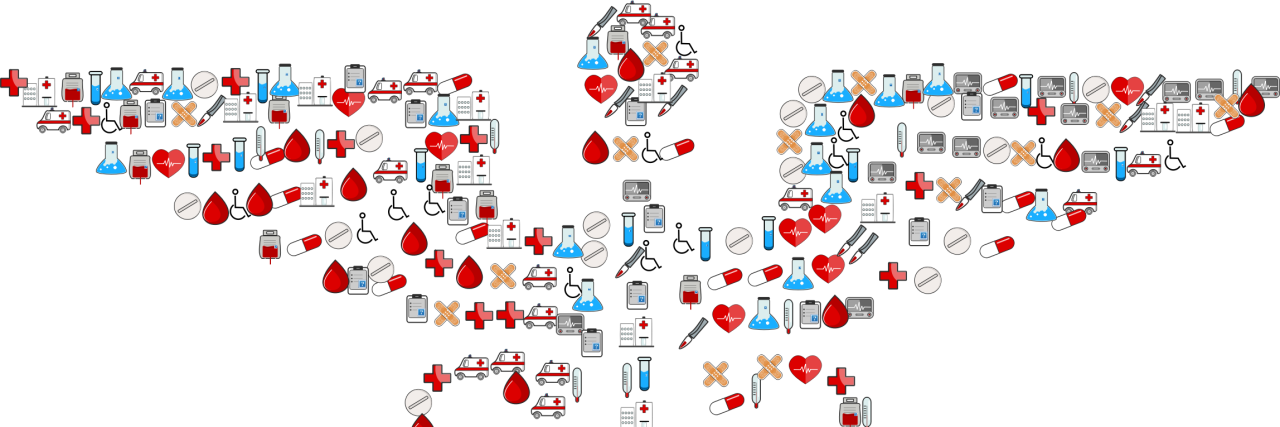I’ve been seeing a lot about the supposed “opioid crisis” lately, both in the news and on social media. I’ve seen everything from an outcry of total support from some, absurd indecisiveness from a few and loud and unreasoned vitriol from others. The thing that bothers me most is the look of fear on my wife’s face every time the subject of outright banning them to fix the “problem” comes up. Honestly, the thought terrifies me too. I have lived with my wife for almost six years now and she has been chronically ill for all of them and long before I met her. Her pain and chronic illness got bad enough to the point that she started needing opioid medication for the pain roughly three years ago and her pain has progressed over the past year to the point where she needs more than her original dosage.
There are a few things I have noticed throughout this process for her. Firstly, she has never once been “high” from her meds. Secondly, she is not addicted to opioids. I watched her miss a dose and, hours after it was due, she had no withdrawal symptoms. Finally, she has become accustomed to a lower level of pain because of them and I would like to note here that they do not take her pain away completely. On a daily basis, her pain without meds would be around an eight or nine out of 10. They bring it down to a more manageable six or seven out of 10, and on good days, her meds are more effective because the pain is less intense while on bad days, the meds seem to not do much more than keep it from reaching a 10.
The thing I’ve noticed most is that if she misses a dose for whatever reason, within an hour of missing it, her pain gets worse. I vividly recall a few months ago, in the middle of the night, she was at the bathroom sink screaming in pain. She could not contain it. I was seconds away from calling an ambulance to take her to the emergency room because I had no idea how else to help her. That was the first time I have seen her pain at a 10 and it was horrifying for both of us. If she never experiences that level of pain again in her life, it would be too soon.
The “opioid crisis” as it has come to be called is built, from what I’ve seen, on inaccurate statistics and the assumption that everyone who takes them is the same. Not once have I heard it account for people struggling with chronic pain or illness. That, I suppose, is because their existence single-handedly destroys the political narrative that is being fostered of “If you take them, especially for any sustained period of time, you must be addicted.” There are so many glaring errors and ignored facts in that stance that I can’t begin to count them. The largest is the disregard for anyone who is chronically ill or experiences chronic pain and the root of both of those is the word “chronic.” A word which here and everywhere means sustained and without end. Their reasoning that addiction is the only reason to take opioids for a sustained period of time is derailed by that alone.
I’ve seen a great deal of pain and suffering from the few people I know who have chronic pain and they all do what they can, have “tool kits” for that pain and are just trying to live life as fully as they can in spite of the pain they endure daily. I can’t imagine any of them being able to enjoy life, let alone function, without their medication. In my opinion, it is simply irrational to expect them to live without opioids at this point and frankly, quite ridiculous to ignore their needs for the sake of a political distraction.
In short, from both what I’ve read and heard from my wife and others, and from what I have observed living day to day with my wife, I stand firmly on the statement that until they actually research other effective pain management methods that are either as good as or more effective than opioids (and even then not everything works universally, even marijuana is not universally effective), they are a necessary staple of medical science. Opioids are necessary to the chronic pain and illness community for the sake of maintaining some semblance or more of a quality of life in people who have otherwise been pushed aside and forgotten in this farcical circus that the political field and media are calling the “opioid crisis.”

